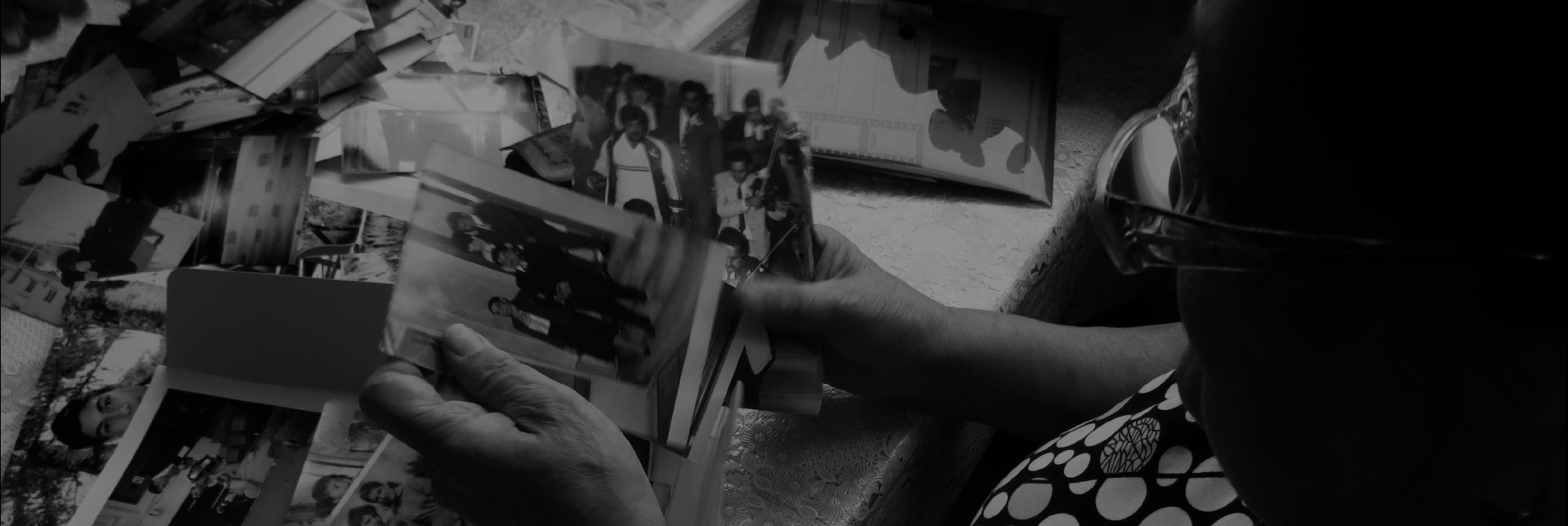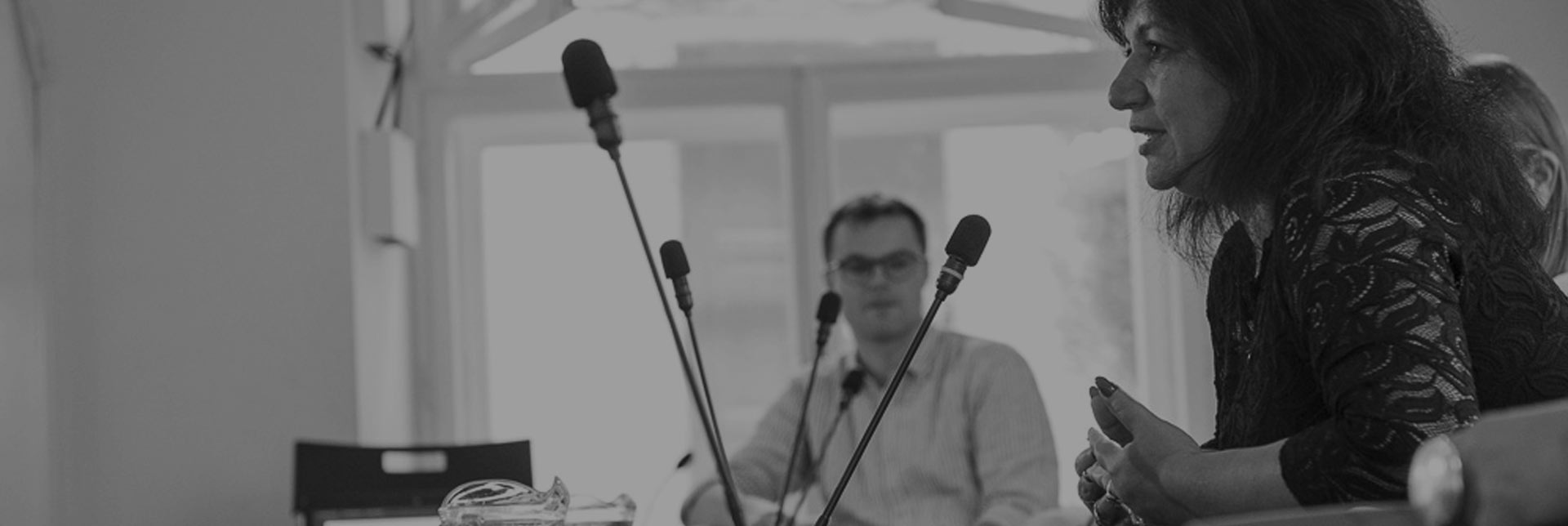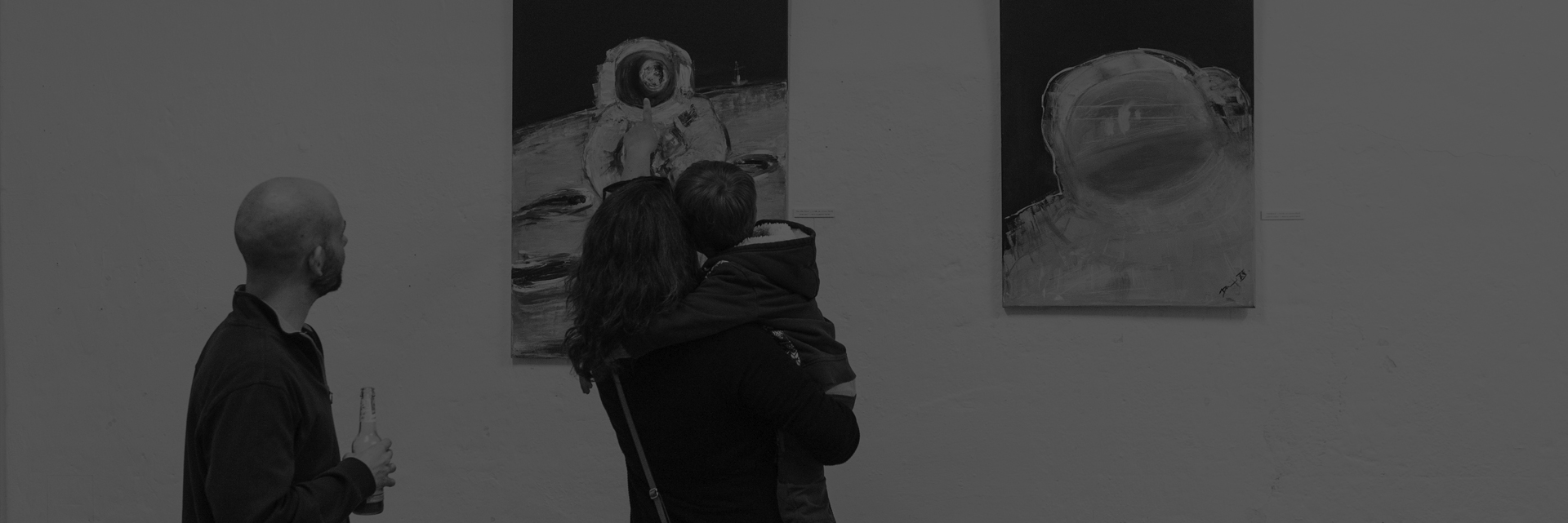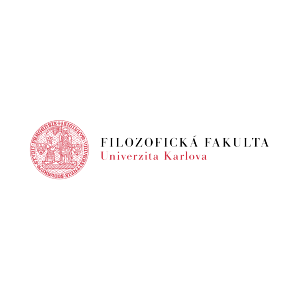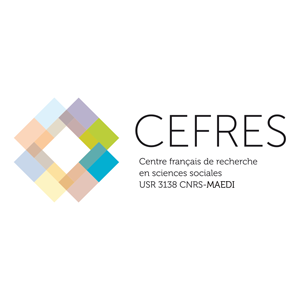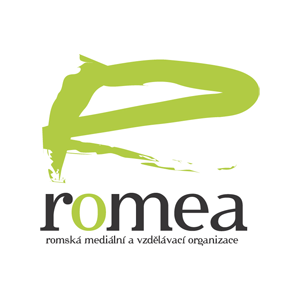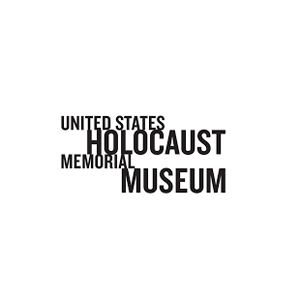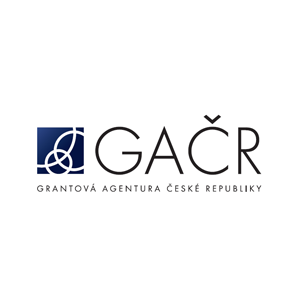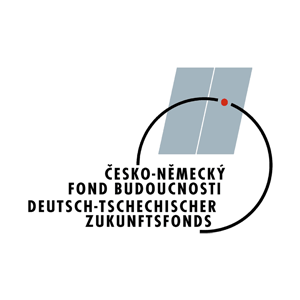Prague Forum for Romani Histories on the debate around reading the names of Romani victims
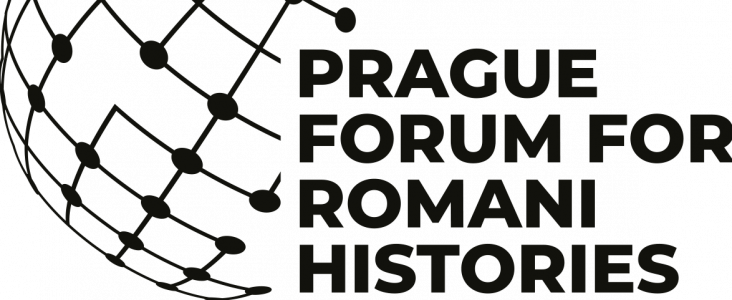
3 April 2021
Both the genocide of the Roma and Romani history in general continue to be marginalized topics in school curricula and textbooks, as well as in academia, art and the public space. This was one of the reasons why the Prague Forum for Romani Histories was established in 2016 at the Institute of Contemporary History of the Czech Academy of Sciences. As the representatives of this academic platform, we are publishing the following statement on the current debate about Yom haShoah and the reading of the Romani names on that occasion:
The suffering of the Roma and Sinti during the Second World War is, in the Czech Republic, still neglected and insufficiently commemorated. All the more do we appreciate that since 2010 – at the instigation of the Union of Jewish Youth and in collaboration with the Foundation for Holocaust Victims, and after reaching agreement on this with representatives of the Romani community – the Institute of the Terezín Initiative decided to include among the names of Holocaust victims being read aloud also the names of Roma. We believe that the joint commemoration of the Jewish and the Romani victims of the Holocaust should inspire and become a model for other initiatives, whether at the local or the state level.
We consider the declaration by the new board of directors of the Institute of the Terezín Initiative dated 3 March 2021, according to which the board does not recommend reading the Jewish and Romani names together on Yom haShoah this year, to be unfortunate. There are reasons why this memorial day could be reserved just for the Jewish victims. Yom haZikaron laShoah ve-laGvurah was established in the year 1951 in the State of Israel to commemorate the uprising in the Jewish ghetto in Warsaw, as a day to commemorate the Shoah and Jewish heroism during the war, alongside the more inclusively conceived International Holocaust Remembrance Day, which is also commemorated in Israel.
In the Czech Republic, however, thanks to the Institute of the Terezín Initiative and its close collaboration with the Union of Jewish Youth, that day has become since 2006 a day on which the names of Holocaust victims are read aloud in public. It is quite important and unique that this tradition has spread to dozens of towns in both Bohemia and Moravia where many civic initiatives participate in holding public readings of these names. Therefore, while Yom haShoah was originally a day to commemorate Jewish victims specifically, here in the Czech Republic it has grown into a manifesto commemorating the victims of the Holocaust and racist policies generally, and it is sad that this rare initiative could be endangered by the decision of the ITI board of directors.
What is more, this year, when Yom haShoah falls on 8 April, we are commemorating the 50th anniversary of the first World Romani Congress. In addition to agreeing on the Romani flag, the Romani anthem and the uniform use of the term „Rom“ during official negotiations, the delegates to that convention from different countries (many of whom were themselves survivors of the Second World War) commemorated the victims of the genocide of Roma which moreover would not be acknowledged by many states for decades.
On the other hand, we consider it just as unfortunate that the board of directors of the ITI and the Terezín Initiative, which brings together Jewish survivors of the Nazi ghettos in Łódź and Terezín (Theresienstadt), are being accused of intolerance and racism. What is more, this is happening in a situation when Czech society as a whole, and each of us as individuals, are failing to overcome the discrimination to which Roma are subjected on a daily basis.
We are convinced that when honoring the memory of Holocaust victims, who were, above all, Jews and Roma, it is necessary to respect the fact that in both the Jewish community and the Romani community, voices will be comprehensibly, logically, raised to advocate the commemoration and the honoring of the Jewish victims and Romani victims separately, as well as together. There is no doubt that both kinds of commemoration are important. Above all, however, the commemoration of Holocaust victims should not be the exclusive affair of either the Jewish or the Romani community, but of the whole of Czech society.
On behalf of the Prague Forum for Romani Histories:
Mgr. Renata Berkyová
Kateřina Čapková, PhD
In Prague, 3 April 2021
